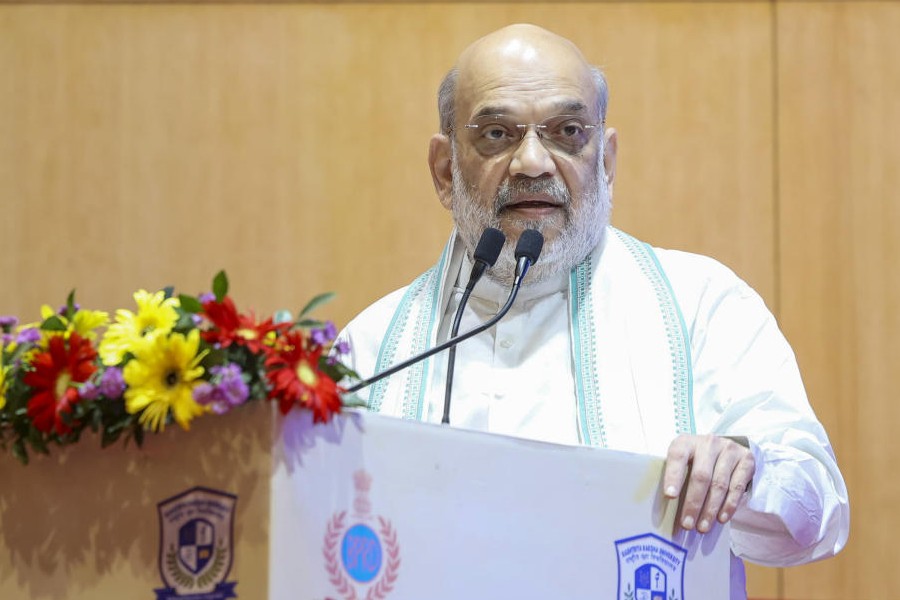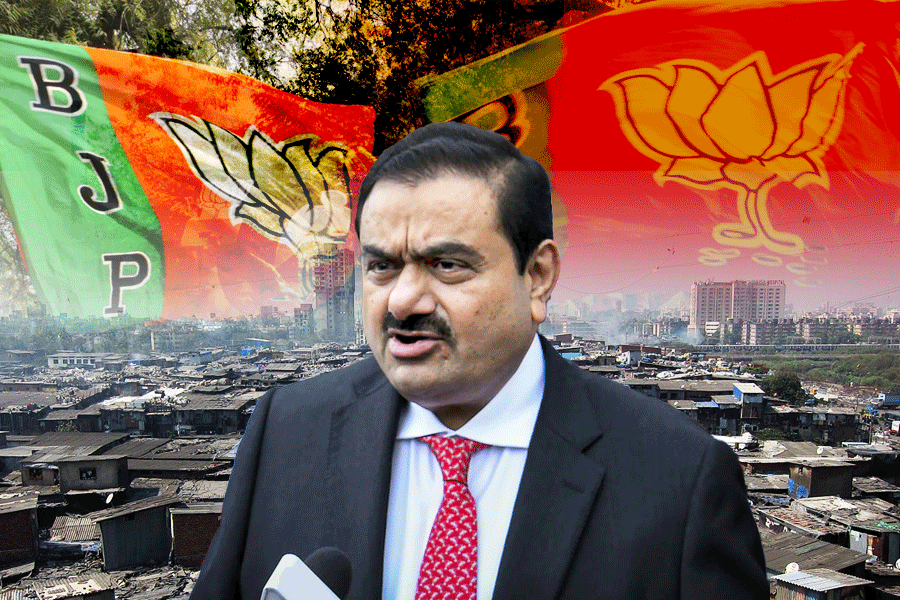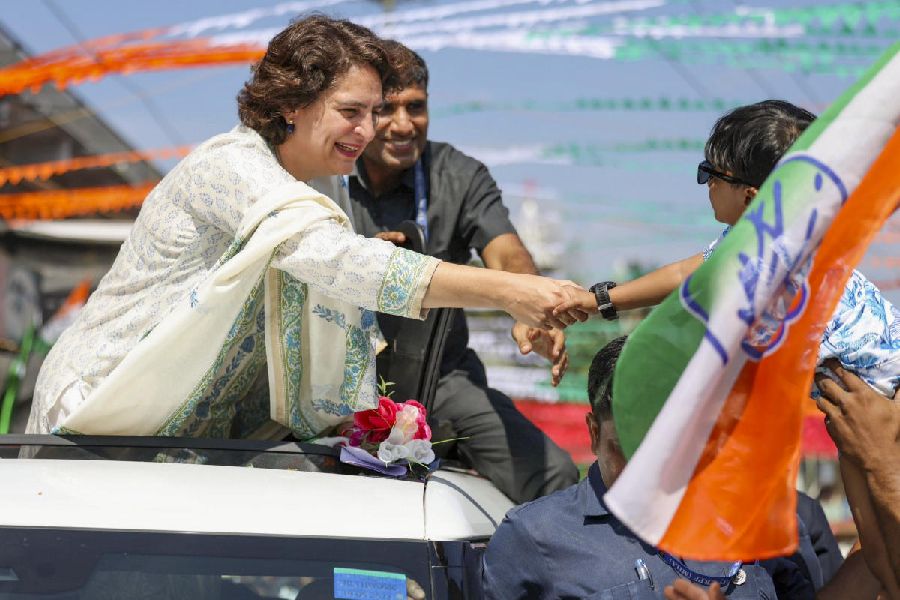Ahead of Prime Minister Narendra Modi’s interaction with students on examination stress, the Centre expects parents and teachers of Kendriya Vidyalayas and Navodaya schools to participate in creative writing contests on topics praising online education and putting the onus on parents to control the anxiety of their wards.
A section of academics said the themes offered no room to parents and teachers to reflect upon the issues impartially and from their own experience.
The centrally funded Kendriya Vidyalaya Sangathan (KVS) and Navodaya Vidyalaya Samiti (NVS) have uploaded details of the proposed online creative writing competition to be held this year ahead of the fourth edition of Modi’s Pariksha Pe Charcha programme. The event, in the third week of March, will be held online this year.
This is for the first time creative writing contests have been extended to parents and teachers. Last year students had been asked to send their creative writings on five topics. This year students of Classes IX to XII will participate in the creative writing competitions on topics such as “Exams are festivals, celebrate them”, “India is incredible, travel and explore”, “As one journey ends, another begins”, “Aspire, not to be, but to do” and “Be grateful”.
The details uploaded on the website https://innovateindia.mygov.in/ppc-2021/ suggest that participation is open to all parents and teachers. The participants can send their write-ups till March 14.
“Upon successful submission of entries, all parents and teachers shall receive a digital certificate of participation that they may download and share on social media with #PPC2021,” the website said. The same advice has been given to students too.
The parents have been asked to write up to 1,500 characters on either of the following topics: “Your words make your child’s world — encourage as you have always done” and “Be your child’s friend, keep depression away”.
“Write a story about the vision you share with your child for his or her future. Let your child write the first sentence. Then you write the next and so on,” said the instructions on the first topic for the parents.
For the second topic, the parents have been asked to write a postcard up to 500 characters addressed to the child to let him or her know why they are special.
Similarly, the teachers have been advised to write up to 1,500 characters on the topic “Online education system: Its benefits and how it can be improved further”.
The KVS and the NVS have passed on the instructions to schools, which have informed the parents, teachers and students.
Prof. Anita Rampal, an educationist and former dean of faculty of education, Delhi University, said: “However much we may wish it to be, examinations are unfortunately not a festival, and we in the system are responsible for that. So how can we ask students to celebrate?”
“The examination system is intimidating and competitive, where state boards are also in competition to give higher marks, not focusing on the true assessment of students’ understanding, but forcing memorisation and (exerting) tremendous stress on students and parents,” she added.
“The parents are as much victims of the system as the students. As educationists it is important that we do not pass the buck onto and place the responsibility on parents; we will need to completely change the system of examinations if we really want to ensure that meaningful learning and assessment happens and students are not stressed,” Rampal said.
She said researches showed that even the best students of top universities tended to underperform when competition and anxiety were high or the examinations were highly centralised.
Rampal said the topic for teachers — online education — conformed to the government’s official position, leaving no space to offer an alternative view and refusing to take note of the problems the majority of teachers and students had been facing.
“We know that children learn through exploration and active engagement, not just by staring at computer screens or blackboards. Children learn from each other by thinking and questioning, while working and meeting in schools. But the topic praising the online education system contradicts the basic theories of learning and gives no scope to teachers to express the severe difficulties and limitations associated with it,” Rampal said.
Moushumi Basu, a faculty member of Jawaharlal Nehru University, questioned the government’s treatment of students, who have demonstrated independent thinking and confidence in recent months. She referred to the arrest of climate activist Disha Ravi in the toolkit sedition case.
“As a parent I am worried — we teach our children to be independent. I am sure Disha Ravi’s parents did the same but how did the State functionaries, especially the police, react? Who is responsible for the sleepless nights that she spent in judicial and police custody? Basu asked.
“And she is not alone — there’s Nodeep Kaur, Gulfisha, Safoora, Ishrat, Debangana, Natasha, who are all suffering a similar fate,” Basu added.
The Telegraph sent emails to the education ministry, KVS commissioner Nidhi Pandey and NVS commissioner Vinayak Garg asking about the reasons for extending the competition to parents, the issuance of certificates and the concerns about lack of digital devices.
“Pareeksha Pe Charcha is a purely voluntary process. The inputs that come here help in better policy making for the larger benefit of students, parents and teachers,” said an official of the education ministry.
Pandey and Garg did not respond to the queries.











